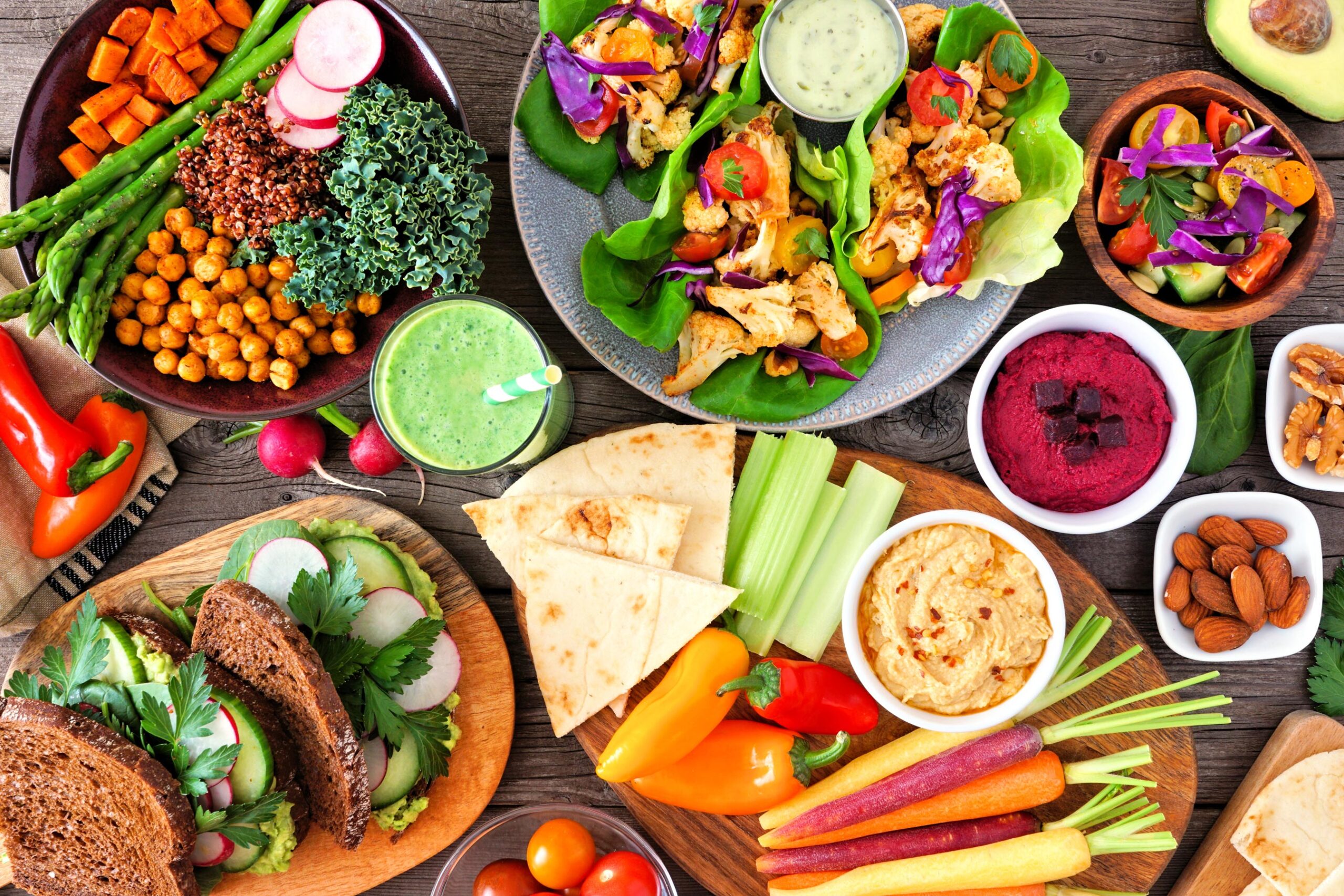The vegan diet is widely regarded to be better for the planet than those that include animal products, but not all plant-based foodstuffs have a small environmental footprint.
There is no doubt that meat – beef in particular – makes an unsurpassed contribution to the planet’s greenhouse gas emissions. It also devours more land and water and causes more environmental damage than any other single food product. The recent rigorous report by the EAT-Lancet Commission recommends reducing our consumption of animal products to not only benefit human health but the health of our planet. Even the “greenest” sources of meat still produce more greenhouse gases than plant-based proteins.
But anyone looking to adopt a vegan or vegetarian diet for environmental reasons may also want to consider whether there are some plant-based foods that also come with a heavy price.
Delicate fruits like blueberries and strawberries, for example, are often imported to Europe and the US by air to fill gaps left when local fruit is out of season. Research by Angelina Frankowska, who studies sustainability at the University of Manchester, recently found that asparagus eaten in the UK has the highest carbon footprint compared to any other vegetable eaten in the country, with 5.3kg of carbon dioxide being produced for every kilogram of asparagus, mainly because much of it is imported by air from Peru. She and her colleagues found, in fact, that the succulent green stalks have the largest environmental footprint of any of the 56 vegetables they looked at, including its land use and water use (which was three times greater than the next highest).

Is a vegan diet better for the planet?
Without carefully considering where our food comes from and how it is grown, our diets can have unintended consequences. Take the strange case of two vegans in an Italian study who were found to have an environmental impact considerably higher than many meat-eaters. When the researchers dug a little further, they discovered the pair exclusively ate fruit, particularly watermelon and cantaloupe.
The water, land, and carbon footprint of growing and transporting such large, perishable fruit meant the environmental impact was far larger than they had expected. Once the data from all 153 vegans, vegetarians, and omnivores in the study were taken into account, however, it showed that eating meat was on average worse for the environment.
But there are other general points to consider when we think about food crops that can drive up the environmental impact. Artificial fertilizers, for example, account for at least 3% of global greenhouse gas emissions, according to the industry. The production of synthetic fertilizer emits carbon dioxide (CO2) and methane into the atmosphere, while their use on fields releases nitrous oxide, another potent greenhouse gas.
Agricultural practices such as the tilling of fields also release large volumes of greenhouse gases into the atmosphere and help to speed up erosion.
These all combine to differing degrees depending on the crop, but there are clearly some plant-based foods that have a disproportionate impact on the environment, like avocados, mushrooms, mycoproteins, cashew nuts, and more. What is clear is that while plant-based foods and meat substitutes can be far better for the environment than livestock production as a whole, if we really want to make a difference to the environment we need to take care about what we choose to replace meat with.
Sticking to locally produced fruit and vegetables that are in season is the best approach. The general recommendations end up being: reduce meat consumption, and pay attention, if you can, to how foods are grown and transported. Try to avoid heated greenhouse-grown fruit and veg, and stuff that may have been air freighted.
Eating a little less can’t hurt either – especially if you’re eating watermelon.
